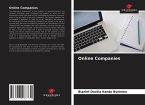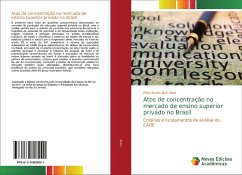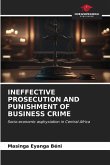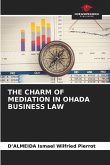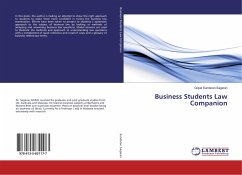The company is an omnipresent economic actor in our contemporary societies. Its reliability is not, however, a given. Indeed, it generally resorts to concentration operations in order not only to increase its economic growth, but also to face up to the proven difficulties it encounters and which, in the absence of immediate solutions, could make it disappear. These merger operations are not without consequences on the contracts which constitute for the Company a privileged instrument in its relations with its personnel and its economic partners. Obviously, no text specifies exactly what happens to contracts after these operations. The OHADA legislator, in the Uniform Act relating to the law of Commercial Companies and Economic Interest Groups (AUSCGIE), affirms the principle of universal transmission of the assets of the dissolved company, which for a large part of the doctrine constitutes the basis for the continuation of contracts by operation of law. Recourse to the Common Lawof Obligations and to the Law of Special Contracts makes it possible to take into account all the legal requirements.


